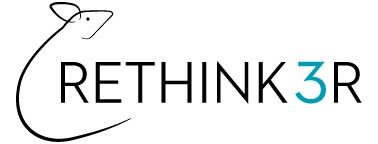In order to provide knowledge and join scientific forces, we organize interdisciplinary workshops focusing on the 3Rs using Design Thinking methods. We provide the setting for an unbiased and playful approach to the 3Rs and to find creative space to exchange experiences and work on ways to further implement these principles in biomedical research. During the workshop various methods for team work and problem solving are presented and applied. These tools include creative working methods, analytical approaches, interviewing techniques and feedback tools.
The workshop normally starts by short briefings about basics concerning history, laws and bureaucratic procedures, financial support possibilities, and examples of alternatives to animal testing. The following Design Thinking process helps to find key questions, perform research with a focus on gaining empathy for the users, and design a serious, realistic solution. The given challenges for the teams can be about the practical work, e.g. implementation of a specific in vitro assay in the lab routine, or about general purposes, e.g. integration of the 3R topic on international scientific conferences. Instead of trying to quickly find a first solution the process allows the team to extensively explore the complexity of the challenge, getting to know different perspectives and developing a common language. This means, e.g. interviewing other stakeholders, university professors, animal keepers, veterinarians, and sharing individual interview experiences within the team. The following step includes the definition of the underlying problem. This could be e.g. the difficulty of access to information about alternative methods, or the lack of time. All gathered information, different perspectives and experiences are incorporated into the solution process creating a space between user needs and feasibility. The open atmosphere, working environment, applied brainstorming methods and warm-ups help to foster creativity. The decision for one solution is made by the team after prototyping and intensive testing of selected ideas, whereby tools and time slots support an effective process without too much discussion.
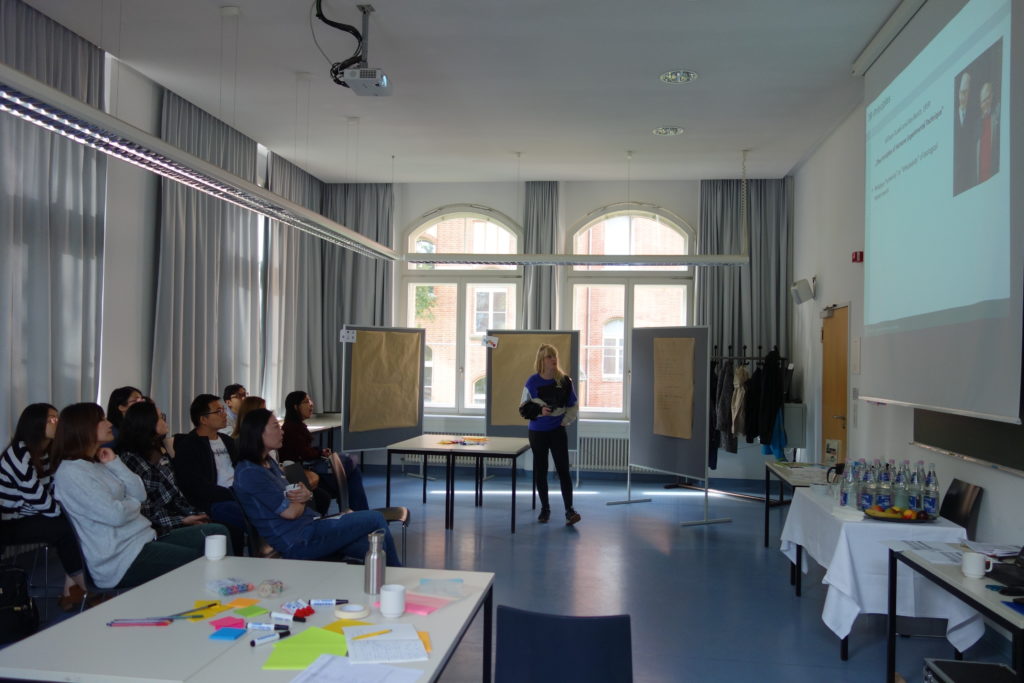
Input 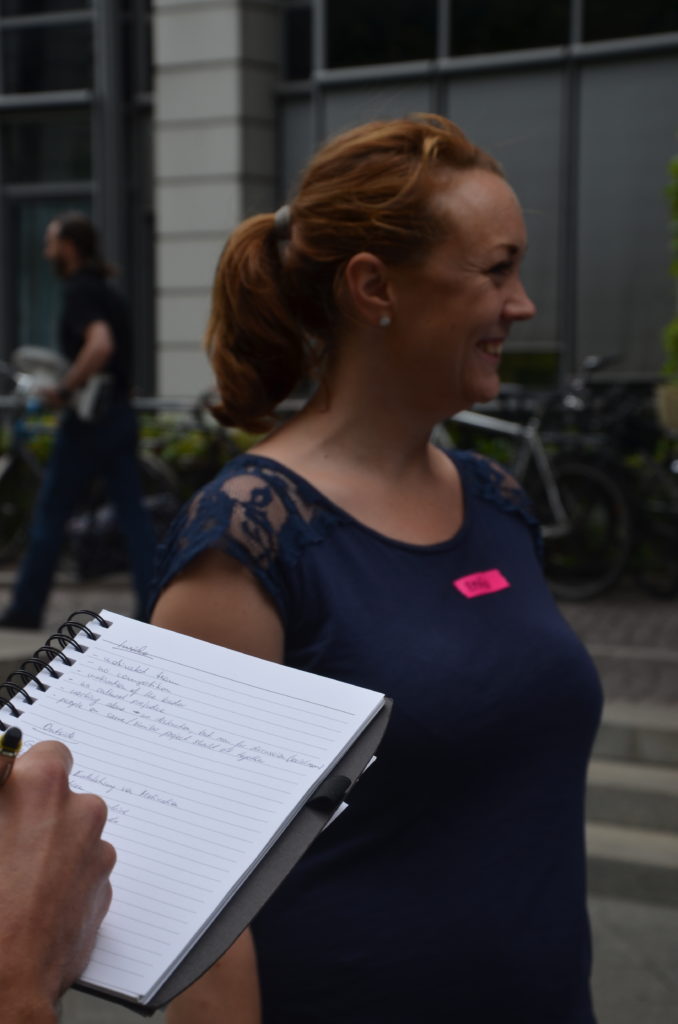
Empathy 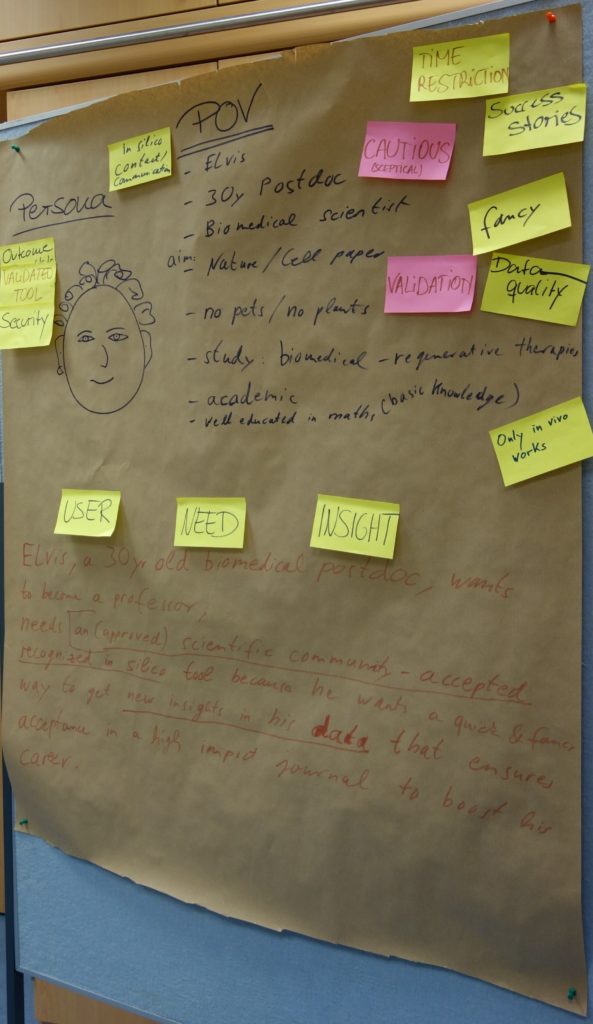
Define 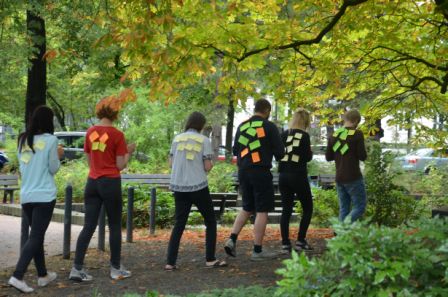
Ideate 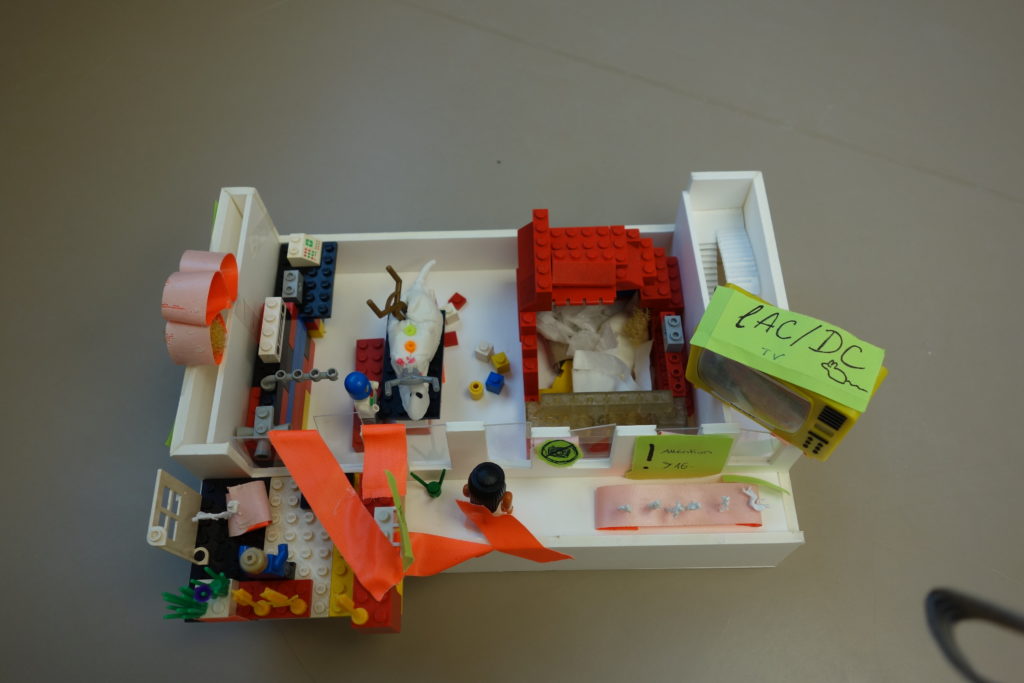
Prototype 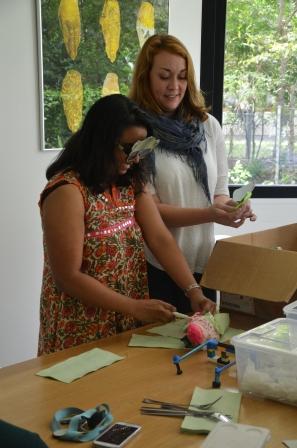
Test
